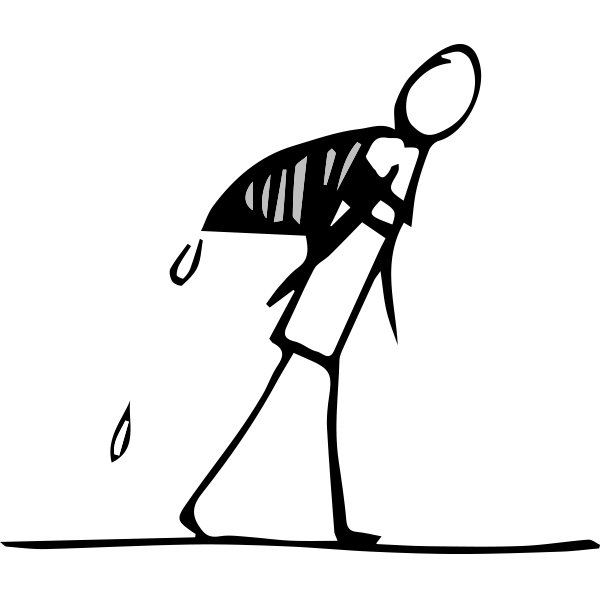This quarter I've been exploring freewriting*. I've discovered Peter Elbow and Marion Milner and Pat Belanoff. I've introduced a freewriting activity into the undergraduate design thinking course I TA-ed for, I began a research project with Morning Pages writers, and I'm noodling on an idea for a collaborative freewriting tool that would help groups through stuck or stymied moments in their creative process. I've also played with my own freewriting, experimenting with new methods and tools.
FOR EXAMPLE, I'VE BEGUN TO FREEWRITE IN THE MIDDLE OF MY COMPOSITIONS BY PUTTING ON THE CAPS LOCK AND WRITING WHATEVER'S ON MY MIND FOR A LITTLE WHILE BEFORE GOING BACK TO 'REGULAR' WRITING MODE.
This morning, while reading Belanoff's Nothing Begins With N**, I stumbled on her list (p. 27-29) of ways to make your writing more "free," which in turn may make it more original, clarifying, cathartic, and (ironically) structured. Here are a few of her exercises (paraphrased by me) that I thought were especially easy to try:
Write for longer and longer periods of time and more quickly. For example, set a timer, write, and then the next time you freewrite, set the timer for the same amount of time, but write more than you did the time before. Or set a word count and time how long it takes you and try to beat it the next time. As you go along with this practice, increase the timer or word count from time to time (ha!).
Get everything out of your head and onto paper (or the screen) in 3 minutes. List making is fine for this activity.
Freewrite about the process of freewriting instead of freewriting about whatever you're working on or through.
Freewrite only questions. Ask every question you can think of.
Freewrite for five minutes, then put that writing aside and rewrite what you just freewrote. Wait five minutes. Try to rewrite your freewriting once or twice more. Afterwards, look at the writings and compare them. Did your ideas evolve? What was consistent? What was lost?
More to come from me on freewriting and especially that Morning Pages study. Still figuring out what and how to blog my academic journey and this morning's reading struck me as simple and straightforward to share. If you have thoughts about freewriting, please tweet or email them to me.
* Here's a typical prompt for freewriting from Elbow: The idea is simply to write for ten minutes (later on, perhaps fifteen or twenty). Don't stop for anything. Go quickly without rushing. Never stop to look back, to cross something out, to wonder how to spell something, to wonder what word or thought to use, or to think about what you are doing. If you can't think of a word or a spelling, just use a squiggle or else write "I can't think what to say, I can't think what to say" as many times as you want; or repeat the last word you wrote over and over again; or anything else. The only requirement is that you never stop.
** I love the story of how this book was titled: A student who was being encouraged to freewrite said "I have nothing to say," to which the instructor replied, "Nothing begins with an N."

